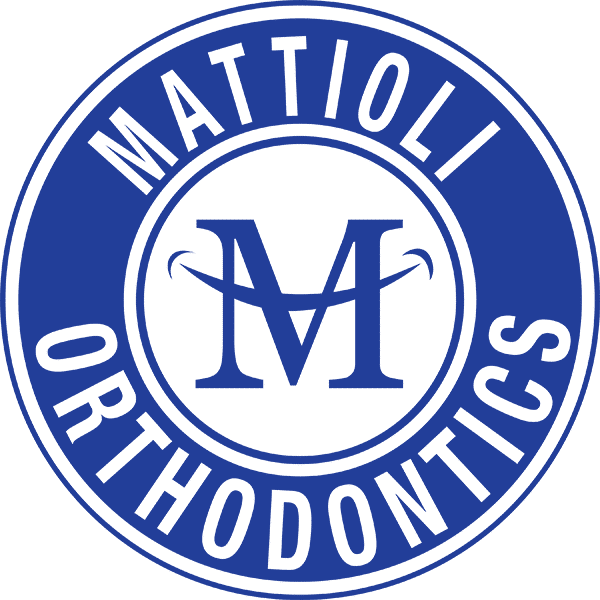Common Orthodontic Problems or Malocclusion
Orthodontic issues can affect anyone, in fact, perfectly aligned teeth are quite rare. A malocclusion, or “bad bite,” can impact chewing, oral hygiene, speech, and the overall appearance of your smile. These bite problems may be inherited or caused by factors such as:
Thumb sucking
Dental disease
Poor oral hygiene
Accidents or injuries
Birth defects
Other medical conditions
Understanding the orthodontic problem you or your child may have is the first step toward correcting it. With treatment from Dr. Robert Mattioli, you can improve both the functionality of your bite and the beauty of your smile.
Below are some of the most common orthodontic problems we treat:
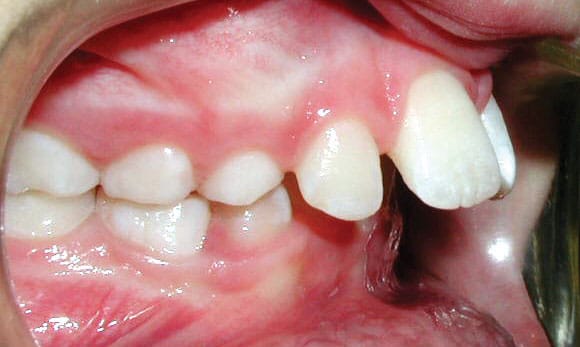
Upper Front Teeth Protrusion
The upper front teeth extend too far forward, or the lower teeth are positioned too far back. This affects both the appearance and function of the teeth. Correction can improve facial balance and reduce the risk of injury to protruding teeth.
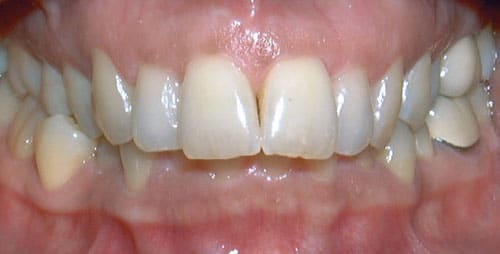
Overbite
The upper front teeth overlap significantly with the lower front teeth, sometimes causing the lower teeth to bite into the roof of the mouth. Treating an overbite can help prevent tooth wear and discomfort over time.
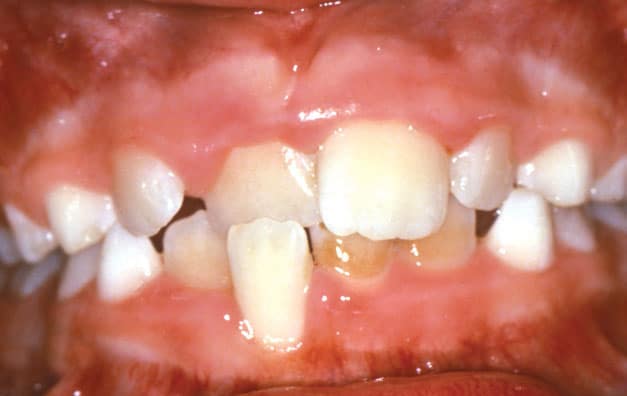
Crossbite
The upper teeth sit inside the lower teeth, which can lead to misaligned jaw growth and uneven tooth wear. Addressing a crossbite early can help guide proper jaw development and protect dental health.
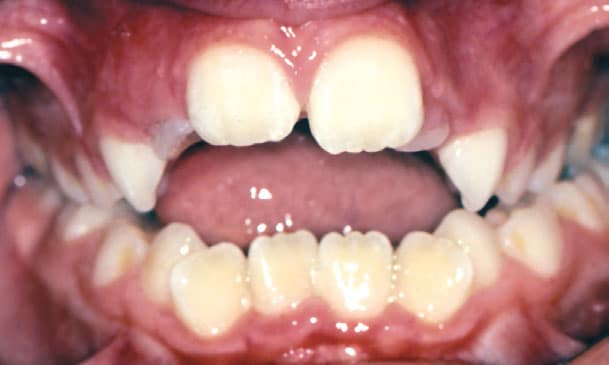
Open Bite
The upper and lower front teeth do not overlap when biting down. This can make chewing difficult and may contribute to habits such as tongue thrusting. Correcting an open bite can also improve speech and bite function.
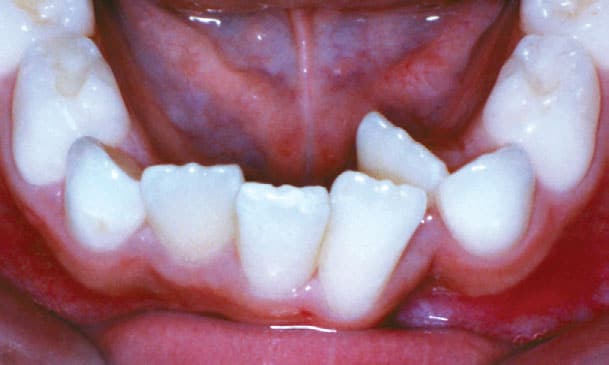
Crowding
Teeth do not have enough space to erupt properly, causing overlap or misalignment. Expansion can often correct crowding, reducing the need for tooth removal. Early treatment can also make future orthodontic care faster and easier.
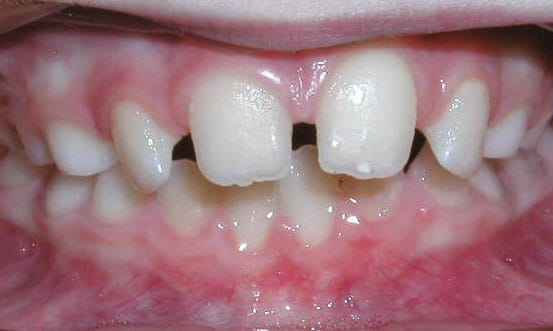
Spacing
Gaps between teeth may be caused by missing teeth or may be purely cosmetic. Closing spaces can improve both the function and appearance of your smile.
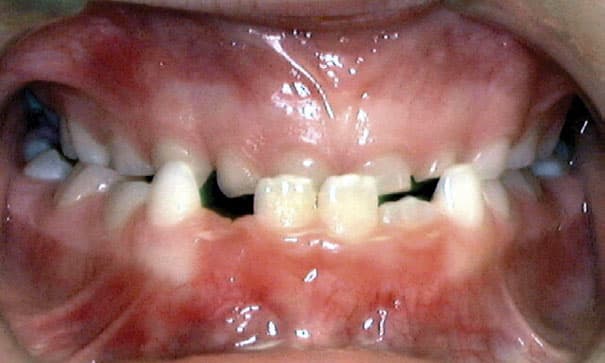
Underbite
The lower jaw extends too far forward, causing the lower front teeth to sit ahead of the upper front teeth. Treating an underbite can enhance chewing ability and promote a balanced facial profile.
